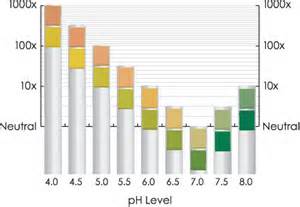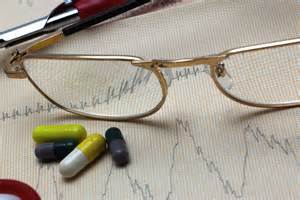Urinary Tract Infection – Cystitis

|
Dr. Thomas Fuller |
Infections of the urinary tract are the second most common type of infection in the body, after respiratory tract infections. According to the most recent National Health and Nutrition Examination Survey 34 percent of adults had at least one occurrence of a urinary tract infection. These infections are painful and can pose serious health issues if left untreated or treated ineffectively.
A urinary tract infection is a bacterial infection that affects part of the urinary tract. Urine contains a variety of fluids, salts, and waste products, but it is normally sterile (free of bacteria, virus and fungi). An infection can develop when organisms, typically bacteria enter the urethra and travel into the bladder or kidneys. These organisms can multiply in the urinary tract and cause an infection.When it affects the lower urinary tract it is known as a simple cystitis (a bladder infection) and when it affects the upper urinary tract it is known as pyelonephritis (a kidney infection).
The urinary system was created in a way that naturally helps ward off infection. The ureters and bladder normally prevent urine from backing up toward the kidneys, and the flow of urine from the bladder helps wash bacteria out of the body. In men, the prostate gland produces secretions that slow bacterial growth. In both men and women, the immune system also fights off infection. However despite these innate safeguards, infections still occur. Infection from intestinal bacteria is by far the most frequent cause of cystitis, especially in women, who have a very short urethra (the tube through which the urine passes from the bladder to the outside). Between 20 to 40 percent of women will get cystitis in their lifetime. However, it's possible to have bacteria in the bladder without having any symptoms (especially in the elderly).
you we’ll learn about:
- What are symptoms and causes of Cystitis
- In what case you should contact your doctor immediately
- What is the link between chronic cystitis and digestive problems












